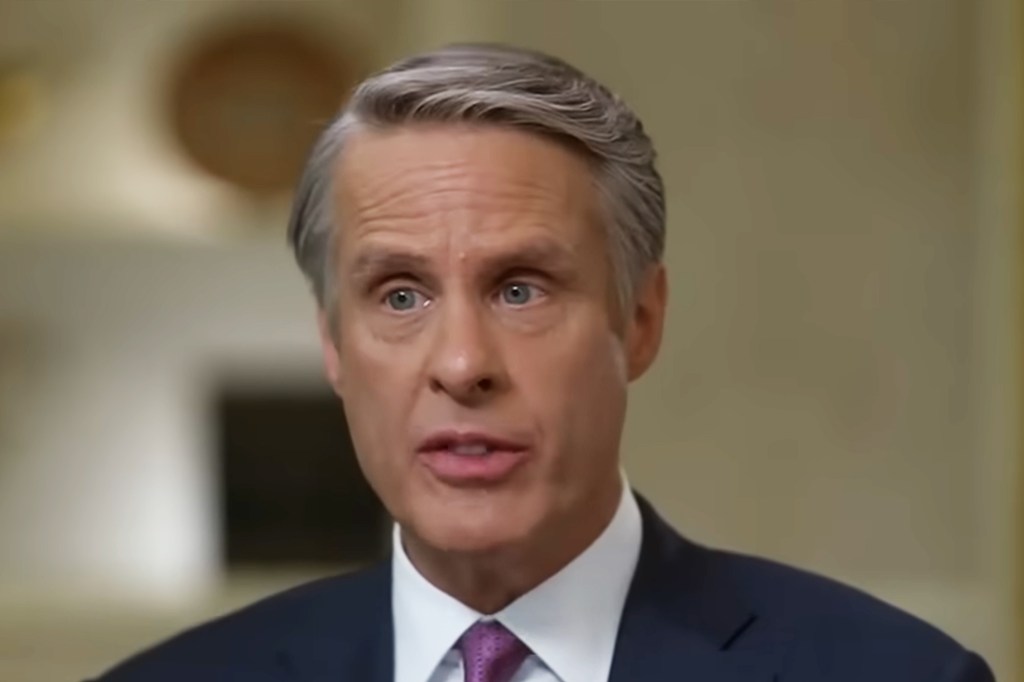Understanding MS13: Unpacking the Threat and Global Response

The name MS13 (Mara Salvatrucha) has become synonymous with violent gang activity and transnational crime. Over the years, this notorious group has grown into a major security concern for governments across the Americas and beyond. In this article, we examine what sets MS13 apart, explore current efforts to curb its influence, and highlight recent high-profile cases that underscore the ongoing challenges posed by the gang.
What is MS13 and Why Is It Notorious?
Originally formed in Los Angeles in the 1980s by Salvadoran immigrants, MS13 quickly established a reputation for extreme violence. The group expanded its presence throughout Central America and the United States, becoming involved in illicit activities such as drug trafficking, human smuggling, and extortion. MS13's strict codes and brutal enforcement methods make it one of the most feared gangs in the world. Its operations often cross national borders, complicating law enforcement efforts and fueling a sense of urgency among policymakers.
Recent Efforts to Curb MS13 Influence
Combating MS13 requires international cooperation and strong domestic policies. In the first 100 days of President Trump’s administration, over 45,000 foreign criminals, including members of MS-13, were arrested or deported from the United States. This operation highlighted the scale of the challenge and the government’s determination to remove the "worst of the worst." According to Caliber.Az, citing the National Interest, these efforts targeted over 1,100 members from foreign terrorist and criminal groups, with MS13 featured prominently among them. These high-profile crackdowns led to a noticeable shift in security priorities, with special focus on closing open borders and improving intelligence-sharing among allies.
High-Profile Cases and Media Attention
The fight against MS13 has generated significant media coverage, particularly surrounding individual deportations and the identification of suspected gang members. For example, during an in-depth Oval Office interview marking Trump's first 100 days, the conversation turned heated when ABC News' Terry Moran questioned the deportation of a suspected MS13 affiliate, Kilmar Abrego Garcia. The debate centered on identifying gang affiliation through tattoos—specifically, whether Garcia's knuckle tattoos indicated MS13 ties. President Trump insisted the symbols were unmistakable, while the journalist raised doubts about the interpretation and the reliability of such evidence. This exchange, reported by the New York Post, reflects both the challenges law enforcement faces and the heightened public scrutiny over the legal process for suspected gang members.
The Ongoing International Challenge
Despite decisive action from authorities, MS13's global network remains resilient. The group adapts to law enforcement tactics, relying on encrypted communications and community intimidation. Governments continue to balance strong border enforcement with humanitarian considerations, as many gang targets are also migrants fleeing violence in their home countries.
Ongoing strategies include diplomatic negotiations to repatriate criminals, intelligence-led operations, and coordinated crackdowns on criminal enterprises. The focus lies not only on MS13, but also on combating other transnational threats. As outlined in major news coverage, efforts are being made to maintain pressure on organized crime both within the US and overseas, reinforcing a broad commitment to public safety.
Conclusion: Preventing Future MS13 Violence
MS13 continues to challenge the capacities of law enforcement and strain international relations. Success against this notorious gang requires sustained government cooperation, innovative policing strategies, and community engagement. By staying informed about key developments, including the latest large-scale enforcement actions and policy debates, the public plays an important role in supporting a safer future.
If you’re interested in learning more about US efforts in deporting foreign criminals and recent policy shifts, explore these in-depth reports:
- National Interest: US deports over 45,000 foreign criminals during Trump's first 100 days | Caliber.Az
- Trump reveals reason he picked ABC News Terry Moran for first 100 days White House interview (NY Post)
Staying up to date, and understanding both the scope and the human stories behind major news events, helps us all contribute to a more secure society.